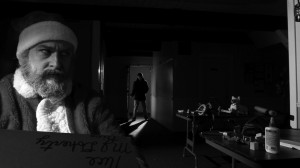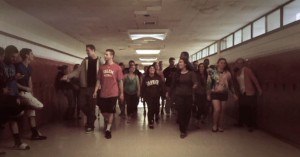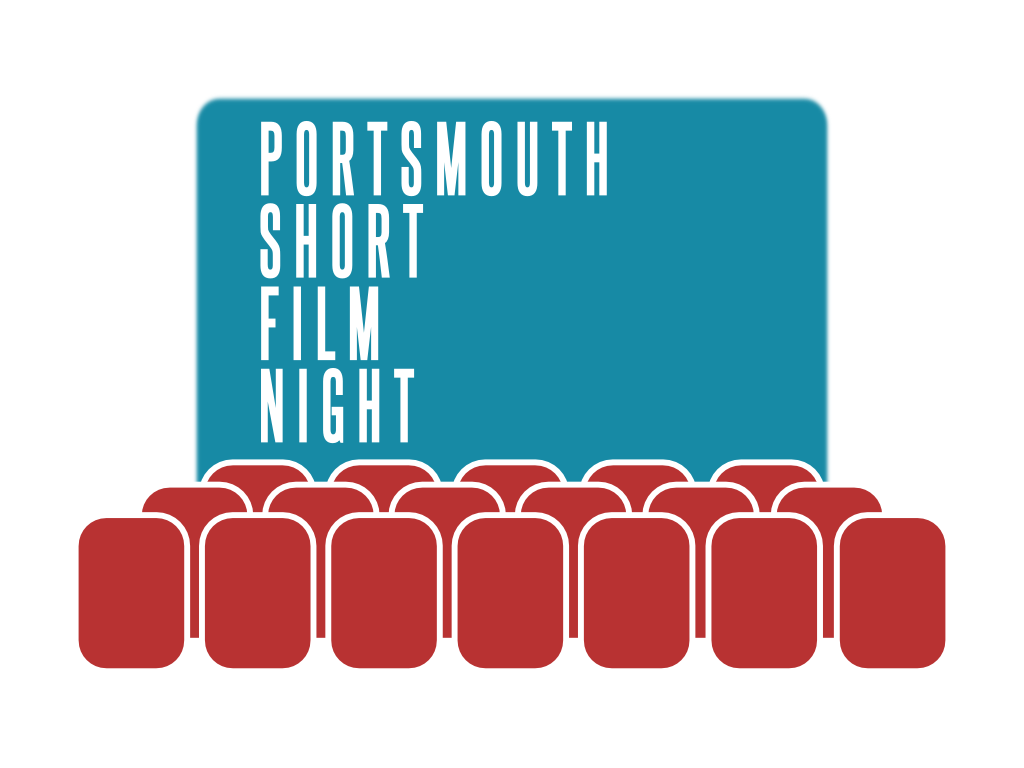We asked the filmmakers for the upcoming PSFN their thoughts on filmmaking, screenings and their life as a creators. Here’s what some of the filmmakers had to say.
Why do you make short films? What can a short do that a feature can’t?
Short films provide the opportunity for filmmakers to experiment with the process and find their narrative voice. The format is obviously more accessible when learning and growing, but it offers unique challenges when it comes to storytelling. I love the idea of streamlining content to have the most amount of impact in a tightly condensed package. – Scott Masterson, director – I Live Here
 I make short films because it can be fun to move quickly and see the results right away. With this film I was able to keep the whole thing in my head which made the production faster and more fun. I also shot, edited, wrote temporary music for, and did most of the sound design for the film in the space of a month, which is something that just can’t happen with a feature. It was also fun to be able to handle so many aspects of the production myself, because the film was so small and simple. Short films can often have just as powerful a message as a feature film, and often the short format forces you to be more careful with each shot. You have to convey a lot of information in a short time, and I think those constraints help to make every shot, every movement, and every word meaningful. Short films also have the potential to reach more people, as it is easy to sit down and watch them on any device without having to dedicate a large amount of time. I don’t think it is true that people have shorter attention spans than they used to. People have been saying that for a very long time. I do think that if your film is unknown and is feature length, it is harder to get people in the door. If you aren’t already a big name that will draw people in, shorts are a great way to “get your foot in the door”. Jack Garrett, director – Santa Always Checks Twice
I make short films because it can be fun to move quickly and see the results right away. With this film I was able to keep the whole thing in my head which made the production faster and more fun. I also shot, edited, wrote temporary music for, and did most of the sound design for the film in the space of a month, which is something that just can’t happen with a feature. It was also fun to be able to handle so many aspects of the production myself, because the film was so small and simple. Short films can often have just as powerful a message as a feature film, and often the short format forces you to be more careful with each shot. You have to convey a lot of information in a short time, and I think those constraints help to make every shot, every movement, and every word meaningful. Short films also have the potential to reach more people, as it is easy to sit down and watch them on any device without having to dedicate a large amount of time. I don’t think it is true that people have shorter attention spans than they used to. People have been saying that for a very long time. I do think that if your film is unknown and is feature length, it is harder to get people in the door. If you aren’t already a big name that will draw people in, shorts are a great way to “get your foot in the door”. Jack Garrett, director – Santa Always Checks TwiceDoes the changing way we consume media affect your filmmaking and distribution? How?
The way we consume media has changed how every artist promotes and distributes their work. Filmmakers may be most effected by the internet and social media because this technology has drastically changed the viewing habits of audiences. More and more, people want a shorter viewing experience, but expect the content to be increasingly compelling. Also, due to the amount of real-life footage found online, it’s made audiences connect more to stories and characters that are real, rather than fictional. This has been incredibly influential on my own work, because it has pushed me from narrative films to documentary films. I like to think that going through this transition has helped me to be a better storyteller and that I bring a more narrative-style to the subject matter.- Scott Masterson, director – I Live Here

I haven’t been making films at this level long enough to really see the change myself, but I have read about the changes from film to digital, which are great for the independent and low budget filmmakers. They aren’t great for independent theater owners unfortunately. Internet distribution is here to stay, and it is only going to get bigger. It is an interesting time now; the tools for both making films and editing and distributing them have dropped to the level where almost anyone can get them. There is still no substitute for talent and hard work however, and I think it’s going to be great to see the new crop of filmmakers that rise up from this more level playing field. – Jack Garrett, director – Santa Always Checks Twice
So there’s a little insight in our filmmaker’s mind and there will be plenty more to talk about at the next Portsmouth Short Film Night this Friday, that’s December 13th at White Heron Tea & Coffee at 601 Islington Street, Portsmouth, NH the screenings start at 7pm!
